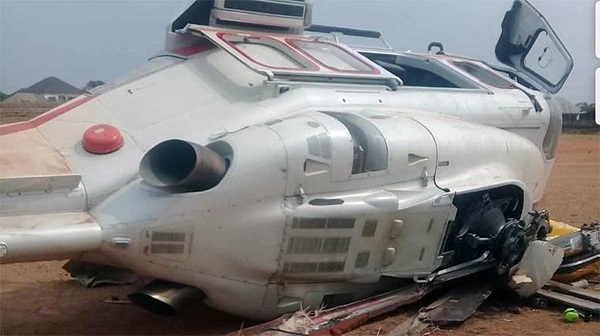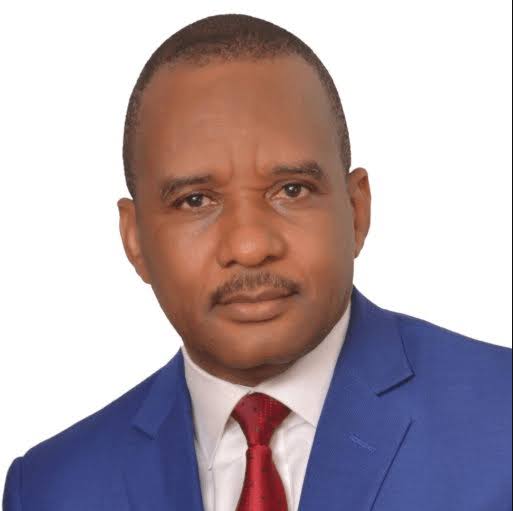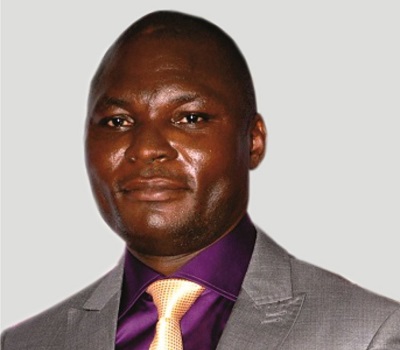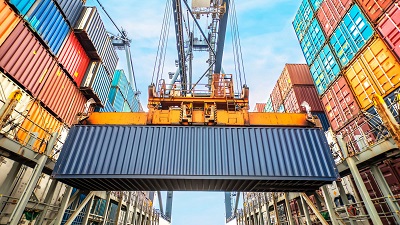Port Concession: How Bello-Koko Rescued BUA Terminal From Stakeholders’ Rage
*Sambo visits Lagos ports, directs concession agreement ready in 45 days
*Says his priority attention is on infrastructure
Almost three years after the Nigerian Ports Authority (NPA) decommissioned BUA Ports and Terminals Limited in Port Harcourt over safety concerns in the terminal, leading to a controversy and chaos in Rivers Port, a rancorous situation capable of stocking crisis has been nipped in the bud as stakeholders accuse BUA Group of monopolizing the only two functional berths at the terminal for its industrial production.
Meanwhile, this has raised the issue of why NPA would allow some companies run industrial production inside the port designed to be for cargo reception and evacuation. Apart from BUA Group, Dangote Group, Flour Mills Plc, among others, are the port concessionaires with production lines in their port terminals.
Stakeholders who spoke at different times at the forum organized by NPA during the maiden tour of Port Harcourt port by the managing director, Mohammed Bello-Koko complained of how vessels wait in turns for hours and days to berth at the terminal as a result of limited space.
President of Shipping Trade Practitioners Association, Mr. Israel Oyina who complained about many peculiar challenges in Rivers Port said that all these have added up to make the cost of doing business at the port high, saying “Apart from the limited berthing space, it takes a minimum of 5 hours to clear a vessel and this affects the turnaround time of vessels. Out of four berths, only 5 and 6 are working. Vessels spend 14 to 18 days before discharge of cargo and they pay $330,000 per day. At Rivers port, joint boarding of vessel is not working. What is happening?”
There was palpable rage and angst by stakeholders against BUA Ports and Terminals Limited, a subsidiary of BUA Group in the hall, a development which elicited agitation from the General Manager of BUA Terminal, Mohammed Ibrahim, who stood up to react to the deluge of concerns but Bello-Koko made a swift intervention by denying him the opportunity to speak in moderation of the flames of temper of that moment.
Earlier, the GM had explained that the collapse of berths 7 and 8 mounted undue pressure on the terminal’s management.
Having ensured that tempers were under control, Bello-Koko said that the industry is part of the development plan as approved by NPA and the Bureau of Public Enterprise (BPE) but asked the Port Manager of the Rivers Port if he was aware the stakeholders had been complaining of delay and lack of enough berthing space at the terminal. Surprisingly, the Port Manager said he was not aware.
The Managing Director while appealing to them to exercise patience as the berths are undergoing rehabilitation with the engineering designed already approved by NPA, pledging that by September, the terminal should be working in full scale.
According to him, NPA is working with terminal operators to begin the reconstruction of the collapsed berths at the Rivers Port in Port Harcourt with a view to enhancing activities in the Eastern ports.
He said the Authority had given BUA Terminal, the final approval for the submitted design, explaining that the collapsed berths 7 to 8 of the BUA Terminal were built in the 1920s years back.
“They have really decayed which was why we decommissioned some of them but the agreement is for BUA to reconstruct some of them,” he said.
Expressing dissatisfaction at the speed at which BUA is carrying out the repair works, he said the Authority expected that the reconstruction should have started a few months ago.
He also spoke on change of location which created the need for an Outline Business Case (OBC) and a change in Financial Business Case (FBC) as demanded by the Infrastructure Concession Regulatory Commission (ICRC).
Recall that NPA had decommissioned Rivers Ports Terminal B managed by BUA Ports and Terminals Limited based on alarm on safety raised by the company.
The NPA and the firm had been engrossed in blame-trade over closure of the terminal which was concessioned to BUA 13 years ago.
NPA then stated: “The decision to decommission Rivers Ports Terminal was out of safety concerns. This concern resulted from a May 16, 2019 BUA Ports and Terminals Limited letter informing us that the jetty is in a state of total dilapidation and in urgent need of repair or reconstruction …our engineers have advised us that the jetty is liable to collapse at any moment.
NPA has also said BUA breached terms of the contract which require it to invest in developing the terminal.
For the Ports and Terminal Operators Nigeria Limited (PTOL), Bello- Koko said there is a development plan that involves bringing down some of the shades in the terminal to improve the stacking areas and increase the terminal’s ability to handle more cargoes.
The NPA boss also said that the PTOL terminal has some collapsed berths, which NPA is discussing with them on how to rehabilitate so that bigger vessels will be able to berth at Rivers Port.
In another development, NPA has assured that the details of the renewed concession agreements with some terminal operators are now ready and would be perfected in the next forty five days.
NPA boss stated this while Minister of Transportation, Engr. Muazu Sambo visited Lagos on Friday, last week, to ascertain the functionality of the Lagos ports and infrastructure.
Bello-Koko stated this in response to the directive by the Transportation Minister to make available the details of the agreements that are under renewal.
Addressing journalists during his visit, the Transportation Minister said, “We are not going to wait for the six months to renew the agreement, I do not have six months. I would make sure that the concessions are renewed in the next forty five days.”
The Minister assured that he would give the reconstruction of the Tin Can Port dilapidated quay aprons priority attention.
According to him, the quay aprons of the port are getting destroyed due to total absence of maintenance.
He said “I have advised the management of NPA, in the past, there is what we call:”Programmed Preventive Maintenance”, this is why at every port, we have an engineering outfit headed by the Chief Port Engineer. “Part of his responsibility is to draw out preventive maintenance programmes for the ports under his jurisdiction every year, take it to the headquarters for consideration and approval, and that forms part of the forthcoming budget.
“If you carry out preventive maintenance, you would avoid a lot of these deterioration that is taking place, this is the truth. The sooner we accept it, the better,” he said
Engr. Sambo said, “As you would recall that I was posted to the Federal Ministry of Transportation on the 6th of June, this is actually my second official assignment outside Abuja. I was in Kano for the Dala Inland Dry Port to declare it as a port of Origin and Destination. Today I am in Lagos, the maritime headquarters of Nigeria.
“The purpose of my coming to Lagos is to look at the ports and the related infrastructure which are supposed to support maritime activities. As you all know, the ports are the gateway to the nation’s economy.
“If we get our acts right, the maritime industry can replace the revenue from the oil industry, this is why we have come to see how we can support the port authorities to improve on their deteriorating structures,” he added.
Earlier at the Ports and Cargo Terminal at Tin Can Port owned by SIFAX Group, Engr. Sambo said NPA had approached him with a devastating problem that the Tin Can Island Port is facing.
“I personally attached importance to the maritime industry, there are billions of dollars that can be earned from the maritime industry if we get our acts right,” he said.








